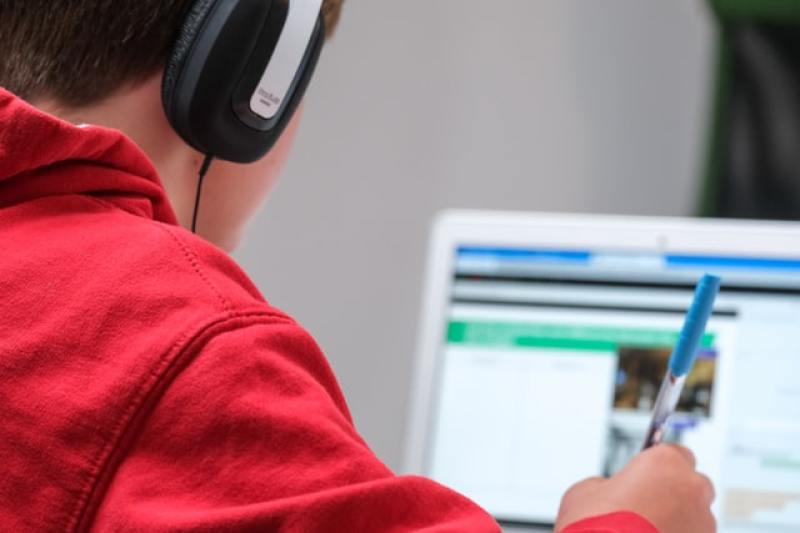
The Chicago Public Schools (CPS) Board of Education in December approved a new measure to provide school aged children items to keep them "healthy and safe."
Amidst the global pandemic, the choice seemed like a smart one, as it provides students with disinfectant wipes, masks, and other essentials. But parents were shocked to find out that when kids return to school next month, they will also get access to menstruation products and condoms.
According to the Chicago Sun Times, the new CPS policy requires schools that teach fifth grade and up to have a "condom availability program as part of an expanded vision of sexual health education." This measure will be implemented across over 600 CPS schools in the state, exposing fifth graders to birth control products.
CPS' lead doctor Kenneth Fox explained, "Essentially what we want to do is make condoms available to students for if and when they think they need them. When you don't have those protections and don't make those resources available then bad stuff happens to young people."
"You have elevated risks of sexually transmitted infections, of unintended pregnancies, and that's very preventable stuff," Dr. Fox argued.
The new CPS policy will enable elementary schools to receive 250 condoms and high schools up to 1,000 condoms. Dr. Fox said that "The condoms should be in easily accessible locations in the school while also not too out in the open so there's still privacy for students."
When asked why condoms should be made available to kids as young as fifth graders, Dr. Fox said that the CPS board made the decision "informed by a developmental understanding of children." Parents and even sex education advocates were unhappy with the new policy.
Faithwire reported that Maria Serrano, a parent who works at Healing to Action, an organization advocating for better sex education, argued that the CPS board's new policy to allow fifth graders access to condoms "puts the cart before the horse."
"They are 10 years old, 11, 12. They are kids. So why is CPS thinking about providing condoms?" Serrano asked in Spanish, exasperated over the news. Instead, she suggested, "Why not provide them information, and at the end give them the resource of a condom when they are prepared to use those resources they want to provide."
"For me, this isn't the best option. They are doing things backwards," Serrano said. She lamented that as a parent, she was unaware of these changes that the CPS board decided upon. She only found out about it because of her work with Healing to Action, The Blaze reported. Serrano suggested that instead of pushing birth control on children, "Why not educate us as parents?"
Serrano shared that as someone from Mexico, her culture dictates that it is "taboo" for kids to speak to their parents about sex, something that is common among other cultures around the world. She shared, "In communities that are majority Latino, we are not prepared to talk about these topics with our kids."
Chicago Women's Health Center outreach and education director Scout Bratt assured that the presence of condoms in school grounds of fifth graders "does not mean that all students are going to be using those condoms or encouraged to use them."



















